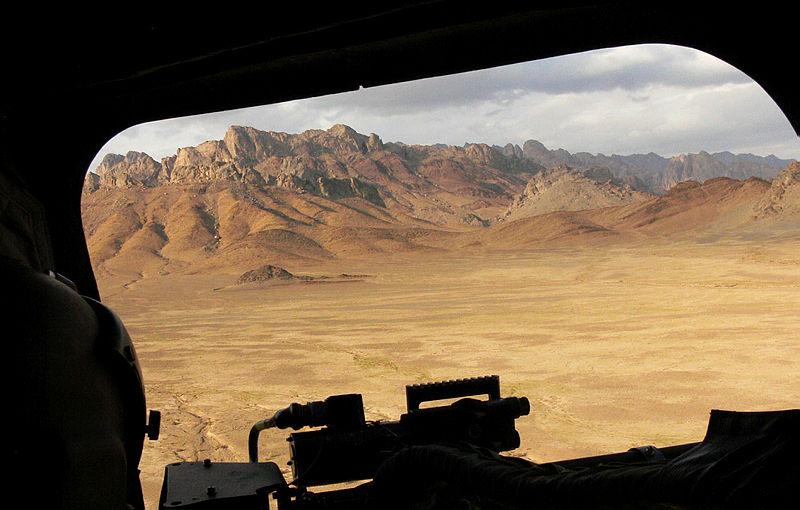Albert Palazzo’s paper Forging Australian Land Power: A Primer and his response to John Blaxland’s critique are of real value in our current hypoxic policy world. Perhaps unintentionally, their contributions highlight three re-occurring themes in defence policy in Australia: the paucity of political leadership in defence matters, inadequate reform and Army’s force structure challenges.
Palazzo and Blaxland highlight a common aspect of defence policy development since Federation: the lack of consistent and clear-sighted political leadership. Ironically I disagree with Palazzo’s view that the 1987 Defence White Paper (Defence of Australia, or DOA) was one such example. Instead it was an attempt to remedy the lack of leadership—although the conclusions drawn regarding Army’s force structure were ultimately proven to be incorrect. But at least it was a good try.
Palazzo’s use of the Maginot Line to illustrate a point against the DOA decisions I believe misses the broader point about the dangers created by a deficit in national leadership. In a recent historical work, James Holland argues that based on purely force structure comparisons, the French were in a strong position to withstand the initial German offensive in the early days of the Second World War. The key difference, Holland states, was that the French lacked the political leadership and the decision-making processes to decisively respond to German actions on the ground. The enduring lesson is that without engaged and informed political leadership in defence matters, national security is at risk.
In recent years, operational commitments have rightly seized the attention of ministers, as has defence acquisition. On the other hand, reform which seeks to achieve real and enduring efficiencies to benefit both capability and the budget has been left to others. While it’s certainly less glamorous and often much harder to achieve in political terms, it’s still central to a Minister’s responsibilities. The much-heralded First Principles Review in 2015 and before that 2009’s Strategic Reform Program have achieved far less in hard efficiency terms than anticipated. There’s no evidence that real reform leading to sustained efficiencies has been achieved. Minister Payne, as with her predecessors, has been silent on the matter. As I’ve argued before, reform requires ministerial leadership and should be high on every minister’s to-do list. With ever increasing demands on the nation’s balance sheet defence ministers need to drive the reform agenda if they are to ensure the ADF’s capabilities continue to match the nation’s expectations.
As I’ve argued here and here, the debate around Army’s role and force structure is frustratingly limited. Palazzo’s primer, while valuable, misses the opportunity to make the options clear. The term ‘land power’ needs to be better defined by the Army; it’s used often and while the profession may understand what it means the broader community struggles. As a result it’s in danger of further confusing the debate around Army force structure and its role. Blaxland rightly points to the need to say something ‘…about fighting a near/peer competitor in an existential conflict or at least a full on war, versus fighting against a third world force—be it in the Middle East or in Australia’s neighbourhood’.
This all matters because the potential force structure options can be quite different. Closer to home is perceived as ‘lower risk’ and as a consequence later phases of LAND 400 can be shifted further right and the number and type of vehicles can be open to semantic debate. Army’s size and harder edge can also be ‘worked’ to create the fiscal headroom for other capabilities and expenditure priorities. I suspect the upcoming White Paper will do just that.
I will leave the last word to the current Chief of the Army, who recently observed:
‘…I am delighted that the media [is] vociferous in their discussion about which is the best fighter for Australia…. I see an excellent discussion arguing the merits and challenges of our submarine program, focussed on identifying the best submarine for Australia’s strategic circumstances… [But] I don’t see an argument about which land system is best for Australia….the tone of media commentary seems to focus on what is good enough… [which] sells the lives of our soldiers so cheaply.’
